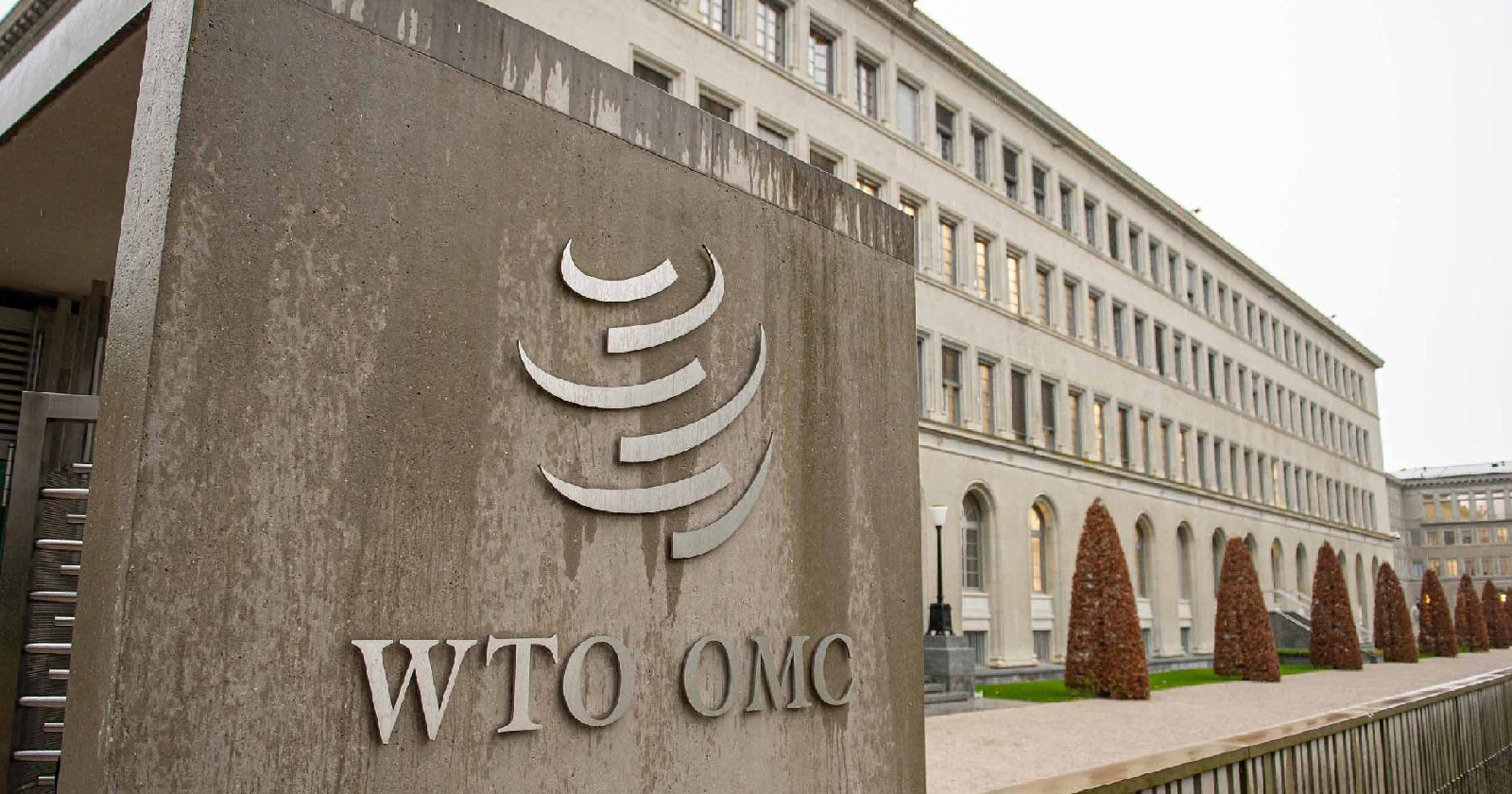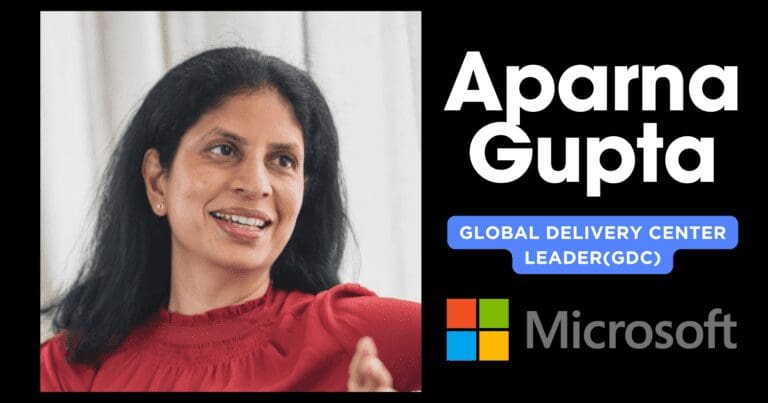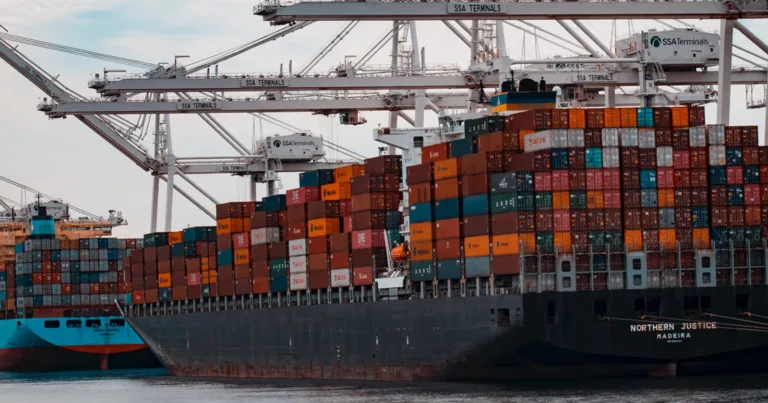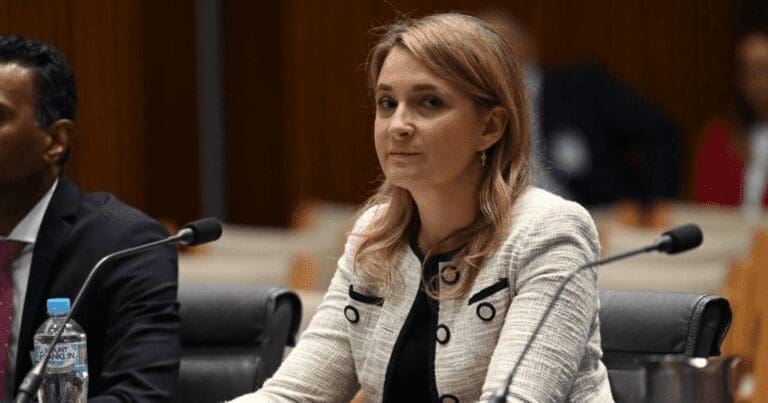India’s WTO MC-13 Agenda: Championing Food Security and Functional Dispute Resolution
The 13th Ministerial Conference of the World Trade Organization is a pivotal event scheduled to be held in UAE’s Abu Dhabi in February 2024. As India’s Commerce Ministry engages in discussions on “Trade and Industrial Policy” and “Trade and Environmental Sustainability,” the agenda appears to be strongly influenced by developed countries. This article delves into the key aspects of the MC-13, shedding light on the major agendas discussed during the Senior Officials Meet (SOM) held in Geneva.
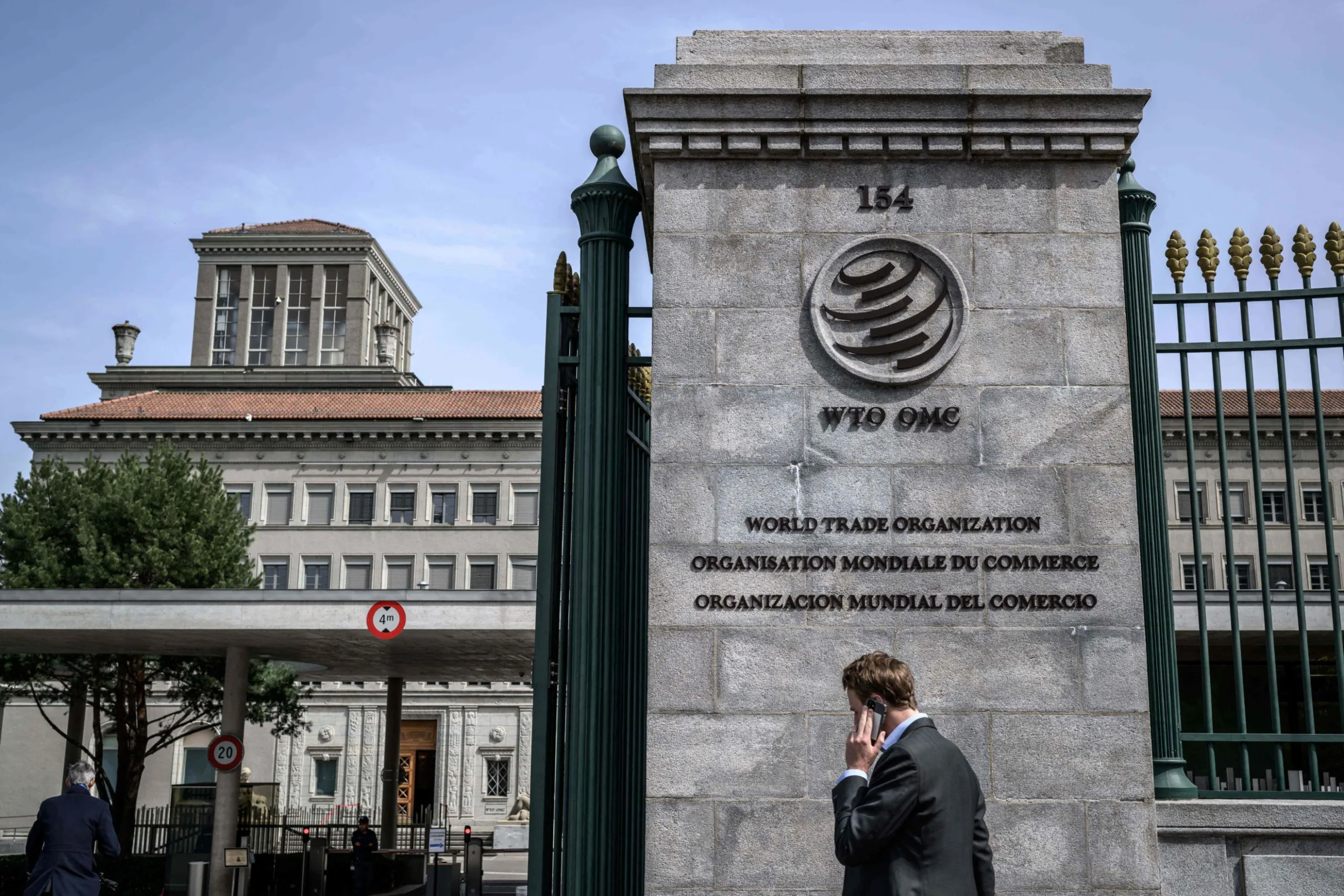
Outline
| Heading | Subheading |
|---|---|
| Introduction | – Overview of MC-13 and its significance |
| SOM Discussions | – Agenda-driven topics by developed countries |
| Agendas of SOM | 1. Agriculture (including food security)<br>2. Dispute Settlement Reform<br>3. Trade and Development<br>4. Fisheries Subsidies Negotiations<br>5. E-Commerce Moratorium |
| Agriculture | – Concrete progress for agricultural negotiations<br>- India’s emphasis on a permanent solution to stockholding |
| Dispute Settlement Reform | – Reaffirmation of MC-12 commitment<br>- India’s push for informal discussions before formal Committees |
| Trade and Development | – Support for ongoing reform discussions<br>- EU’s emphasis on Trade and Environmental Sustainability and Trade and Industrial Policy |
| Fisheries Subsidies | – Two-fold directions for fisheries negotiations<br>- Focus on effective disciplines and special and differential treatment |
| E-Commerce Moratorium | – Divergent views on extending or lifting the moratorium<br>- India’s call for further discussion before raising to Ministers |
| Expert Article | – In-depth exploration of each agenda point with personal insights and experiences |
| FAQs | – Six frequently asked questions with detailed answers |
| Conclusion | – Recap of key points and the significance of India’s stance at MC-13 |
Introduction
The 13th Ministerial Conference of the World Trade Organization (WTO) holds immense importance as it approaches in February 2024, set to take place in UAE’s Abu Dhabi. India’s Commerce Ministry has engaged in preliminary discussions, focusing on “Trade and Industrial Policy” and “Trade and Environmental Sustainability,” highlighting the influence of developed nations on the conference agenda.
SOM Discussions and India concerns
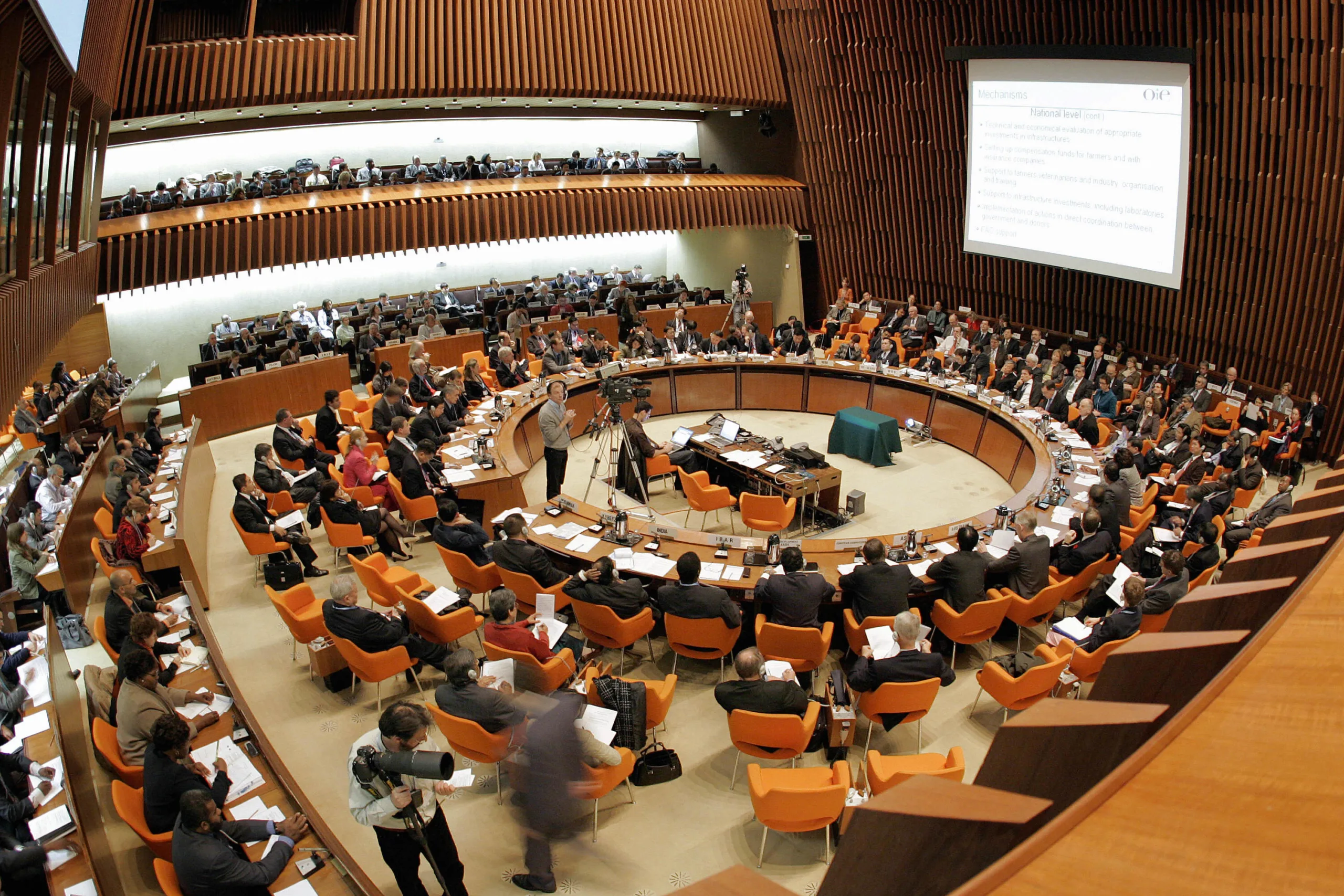
Before the MC-13, a Senior Officials Meet (SOM) took place in Geneva on October 23-24, 2023. The discussions aimed to draft an agenda ensuring a fruitful and positive outcome. The agenda, primarily influenced by developed countries, encompassed crucial topics that demand attention.
Agendas of SOM
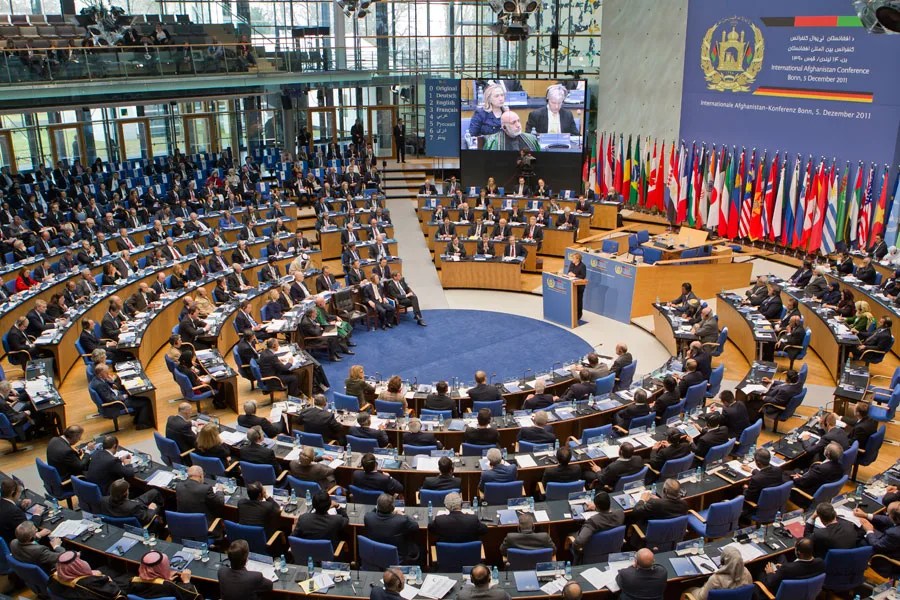
Agriculture
Concrete progress in agricultural negotiations took center stage during SOM. The issues of public stockholding, domestic support, market access, and the Special Safeguard Mechanism were emphasized. India stressed the need for a permanent solution to stockholding, mandated by earlier Ministerial Conferences.
Dispute Settlement Reform
Members reaffirmed the MC-12 commitment to a fully functioning dispute settlement system accessible to all members by 2024. India advocated for informal discussions preceding formal Committee sessions, such as the General Council.
Trade and Development
Support for ongoing reform discussions on the G90 proposal was evident. The European Union (EU) pushed for discussions on Trade and Environmental Sustainability and Trade and Industrial Policy, prompting calls to address these issues in relevant committees before MC-13.
Fisheries Subsidies
Senior officials outlined two-fold directions for fisheries negotiations. The emphasis was on effective disciplines to reduce subsidies contributing to overcapacity and overfishing. Additionally, special and differential treatment remained integral to negotiations.
E-Commerce Moratorium
Divergent opinions emerged on the need to extend or lift the E-Commerce Moratorium. India urged further discussions before escalating the matter to the level of Ministers.
FAQs
Q: What is the significance of the 13th Ministerial Conference of the WTO? A: The MC-13 is a crucial event that shapes global trade policies and agreements. It provides a platform for member countries to discuss and negotiate on various trade-related issues.
Q: Why is India emphasizing a permanent solution to stockholding in agriculture? A: India considers it a mandated issue from earlier Ministerial Conferences, and a permanent solution is essential for ensuring food security.
Q: What is the G90 proposal in the context of trade and development? A: The G90 proposal is part of ongoing reform discussions, and its support indicates efforts to address concerns related to developing countries.
Q: How does the EU’s push for Trade and Environmental Sustainability impact trade discussions? A: The EU’s emphasis adds an environmental dimension to trade talks, prompting discussions on sustainability and industrial policies.
Q: What are the directions provided for fisheries negotiations by senior officials? A: Senior officials stress effective disciplines to reduce subsidies contributing to overcapacity and overfishing. Special and differential treatment remains integral.
Q: Why is there a divergence of views on the E-Commerce Moratorium? A: Members have varied opinions, with some emphasizing the need to extend the moratorium, while others advocate for lifting it. India suggests further discussions before Ministerial consideration.
Conclusion In conclusion, the MC-13 brings forth complex discussions on agriculture, dispute resolution, trade and development, fisheries subsidies, and the E-Commerce Moratorium. India’s role in advocating for credible solutions reflects its commitment to addressing pressing global challenges. Stay informed about the outcomes of MC-13 as it unfolds, shaping the future of international trade.

